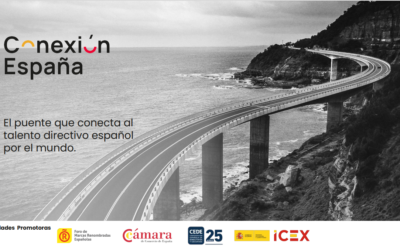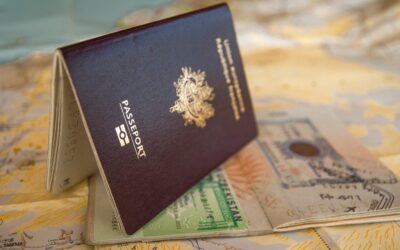What is the homologation process?
The homologation process is a necessary step to standardize foreign diplomas compared to the Spanish equivalents. Homologation ensures that your diploma is valued at the same level as the diploma of a student graduating from a high school in Spain, allowing you access to Spanish higher education.
Students from outside the EU or from countries that do not have specific reciprocal agreements to gain access to the university system in Spain will need to obtain this homologation so their foreign studies are evaluated and accredited as equal to the Spanish equivalent. For these students, homologation is a mandatory requirement to start your studies in Spain.
You can request homologation after you have finished the secondary studies that give you access to a university in your country. The homologation requirements are established by the Ministry of Education in Spain. You can find more official information here. Since this is posted on the official Spanish website, we recommend opening in Chrome and translate into English.
What is convalidate?
Validating foreign studies to the Spanish equivalents allows you to continue your studies at a Spanish university.
Requirements
Foreign degrees or studies must meet the following requirements:
1. They must be official in the educational system of the country to which they belong.
2. Foreign studies must be fully completed.
3. You must have passed each and every one of the previous subjects necessary to graduate.
4. There must be sufficient equivalence between the studies concerned, both at an academic level, as well as in duration and content.
5. If the studies have been carried out at a foreign center in Spain, in addition to complying with the homologation regulations, the center must be authorized to teach these studies.
Keep in mind that the following titles or studies are NOT APPROVED OR VALIDATED:
1. Individual subjects
2. Foreign studies that do not lead to degrees with official academic validity.
3. Foreign degrees, diplomas, certificates or studies that are not part of the foreign educational system.
How do I start my homologation or validation?
To start the homologation or validation procedure, you need to:
1. Submit an application at a registry office (Consulates)
2. Provide academic documentation
3. Proof of payment of form. 079 for the amount that corresponds to your request
What academic documentation is necessary?
• Copy (authentic/verified) of the official title or diploma.
• Copy (authentic/verified) of the official certificate of the last 3 courses passed, it must reflect the subjects studied, the grades obtained and the academic years in which they were completed.
How should I submit the documentation?
The documents must be official, they must be legalized and if applicable, must be officially translated into Spanish.
How do I pay the fee?
If you are outside of Spain, you must make a deposit or transfer to the Ministry of Education in Spain. We recommend opening in Chrome and translate into English.
IMPORTANT: You must pay the amount of the fee in full. The transfer costs (or any other commission) will always have to be paid by you.
Where do I submit the application and all the required documentation?
You can submit these documents to the diplomatic or consular representations of Spain and the Ministry of Education abroad.
Do I have to translate the documents?
If the documents you present are not in Spanish, they must be submitted with an official translation into Spanish.
Do I have to legalize my documents?
For degrees or academic certifications, legalization generally consists of acknowledging the signature of the educational authority that issued the original document.
How does the procedure end?
If you meet all the requirements, you will obtain a document (“credential”) that will indicate the validation or homologation granted. The credentials accredit the completion of the studies or the possession of the Spanish Bachelor’s degree.
Can I enroll into a degree at the university without having been awarded the credential for the Spanish Bachiller degree?
When submitting the application at the Registration unit, they will stamp the «CONDITIONAL ADMISSION VOUCHER» to certify that the application has been submitted. It is generally accepted by private universities but not always by public universities. For example, in Catalonia, public universities require the homologation granted to assign places.
The issuance of said Voucher is carried out under the personal responsibility of the applicant and does not prejudge the final resolution of the file. In the event that the resolution does not occur in the terms requested, the conditional registration and the results of the exams carried out as a result of it will be without effect.
Do you have doubts? Ask us, SPAIN Counselor will help you with this process.











